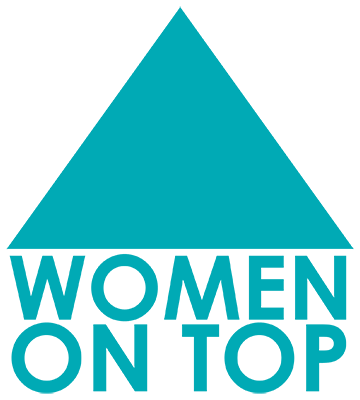«Girls for a change» – The school of no bias

The project “The school of no bias” addresses 3 main challenges that teen girls and young women face in Greece and which have been established both in academic research as well as from Women on Top experience.
- The different treatment of boys and girls by educators and the reinforcement of gender stereotypes and the inequalities these cause
- The confidence gap observed in girls between 10-14 yo, which prevents them, as young women, from pursuing leadership positions
- The professional segregation in the domain of work, which involves low participation of teen girls and young women STEM fields both in education and employment
The project’s target groups are secondary school educators, school career counsellors, and, also, later on, educators from all educational levels and fields.
The project’s goal is the creation of a hub of educators who will contribute to the mindset shift and the introduction of new practices in the empowerment of teen girls and a bias-free school career counselling at the secondary education level.
The objectives:
- Familiarization of educators with tools which facilitate the empowerment of teen girls and the development of their social-emotional skill , through the educational training of the organization Girls Leadership.
- Familiarization of career counselling educators with issues such as gender bias and stereotypes in career counselling and with tools which facilitate the prevention and management of bias, through the educational training of the organization Openous.
- An increase in the number of educators who are interested in getting trained in such practices and tools and actively use the available material.
- Active networking amongst educators and the formation of task groups that can point out issues that need to be resolved and co-design tools and activations, through the program’s digital platform that will be implemented by Sociality.